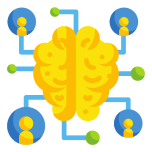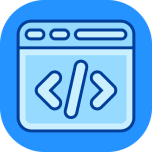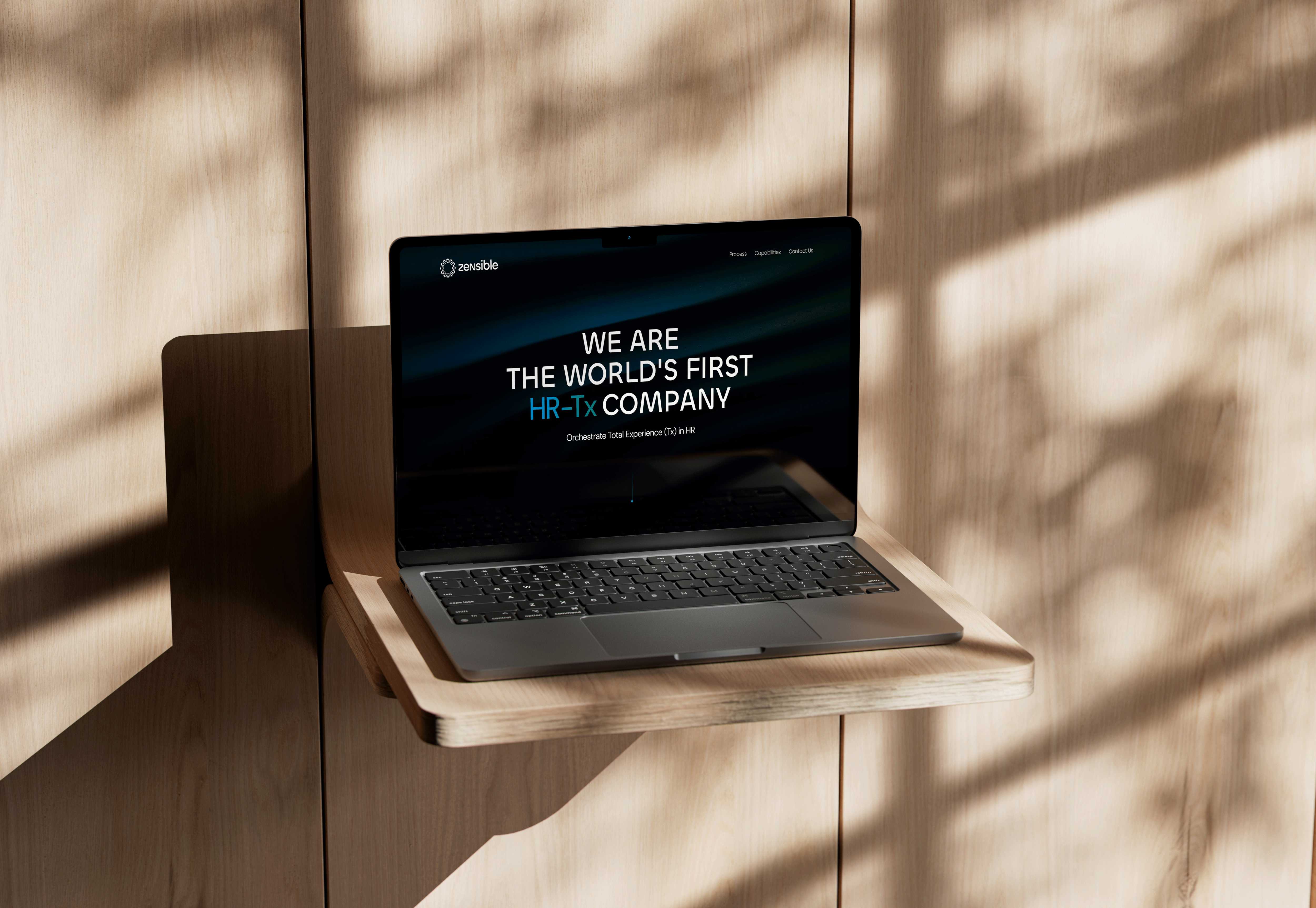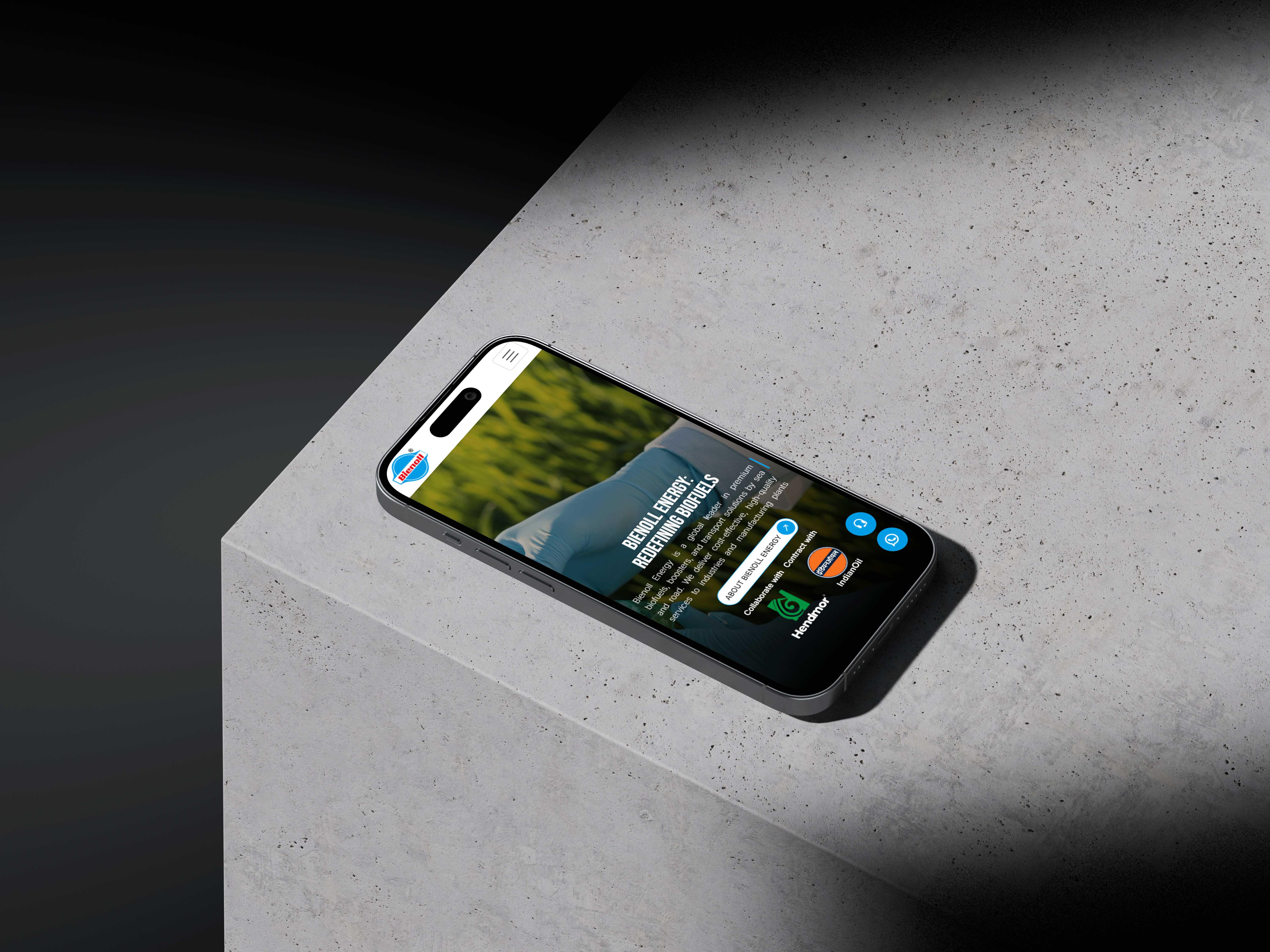Burger of Burgeon!
Layered with performance, responses and privacy.
Established in the year of 2020, with highly compatible business strategies to upgrade every business surrounding us, to a top rated level with solutions on each and every bit of a moving business. We believe in connecting each other and making every business a wonderful success.
We go with advanced technologies to upgrade the businesses including website development, software development, mobile application development (iOS & Android), ERP software development (Offline & Cloud), AI development, Digital Marketing. We never compromise the two pillars of on-stream platform quality and advancements. We deliver the services with responsive, great user experience (UX) and SEO optimised strategies.
Year by year, we grow our step into next level with the highly professional and well skilled experts in here and by increasing the customer appreciation using the yearly updates on technologies too.
Discover our success: numerous projects in multiple countries, serving a diverse and growing clientele.
We employ industry-leading methodologies to ensure optimal results


We leverage a comprehensive and modern technology stack, utilizing cutting-edge tools and platforms to deliver high performance, scalability, and reliability in all our projects.
It is the sequential stages that a project goes through from inception to completion
.png)
.png)
.png)
.png)
.png)

We brainstorm ideas and solutions


We design user-friendly interfaces


We create what users see and interact with


We build the behind-the-scenes functionality


We ensure everything works perfectly


We launch your project for everyone to use
“If our surroundings grow, we grow.” Obtaining growth needs from a premium web solutions provider s a mandatory to a business. Share us your current business profile and your concerns or demands. We look forward to providing you with key tips and spikes to grow the business to a premium level with cost-effective bases.
Our expert team at TrickyDot Technologies Pvt. Ltd. crafts stunning, responsive websites designed to engage your audience and drive business growth. Whether you need a simple static site or a complex e-commerce platform, we've got you covered.
TrickyDot Technologies Pvt. Ltd. offers top-notch mobile app development for iOS and Android platforms, delivering user-friendly, high-performance apps that cater to your business needs. Our solutions are designed to engage your customers and streamline your business operations, ensuring a seamless and productive mobile experience.
At TrickyDot Technologies Pvt. Ltd., we provide tailored software development solutions that streamline your business processes, enhance productivity, and give you a competitive edge. Our expert team leverages the latest technologies to deliver scalable and reliable software, ensuring your business stays ahead in the digital landscape.
At TrickyDot Technologies Pvt. Ltd., we specialize in crafting seamless and visually appealing user interfaces and experiences that enhance user satisfaction and drive engagement.
TrickyDot Technologies Pvt. Ltd. provides comprehensive AI development services, utilizing the latest technologies in machine learning, natural language processing, and computer vision to create intelligent applications that enhance business performance and user experience.
TrickyDot Technologies Pvt. Ltd. offers end-to-end ERP development services that unify your business processes, providing real-time insights and improved operational control to drive growth and efficiency.
TrickyDot Technologies Pvt. Ltd. offers advanced hospital management software solutions that automate and integrate various hospital functions, ensuring efficient workflows, improved patient care, and enhanced operational control.
TrickyDot Technologies Pvt. Ltd. offers comprehensive IT consulting services to help businesses harness the power of technology. Our experts provide strategic guidance, system integration, and IT infrastructure optimization to enhance performance and achieve your business objectives.





Explore our diverse portfolio of innovative and impactful projects, and discover the creativity and excellence that define our work.












.svg)
.svg)



.svg)





In today’s digital era, many people assume that website development is an easy, simple task. They think anyone can make a website in a few hours using templates or drag-and-drop tools. But real custom website development — the kind that drives business growth — is far from simple. At TrickyDot Technologies Pvt Ltd, we follow a highly structured, detailed, and industry-focused process that separates us from ordinary developers. Our goal is simple: Deliver world-class custom websites that create trust, visibility, and long-term results for our clients.

Muhammed Nishad
Co-Founder & CMO
TrickyDot Technologies attended GITEX Global 2025, exploring innovations across AI, blockchain, fintech, cybersecurity, and hardware. From government pavilions to startup zones, the event showcased how the UAE and global tech leaders are shaping the future. A week filled with learning, networking, and inspiration that will guide TrickyDot’s future innovations.

Muhammed Aslam
Co-Founder & CTO
Starting an online store is exciting, but choosing the right platform can be confusing. Should you go for an easy-to-use Shopify store or invest in a fully custom-built eCommerce website? This blog by TrickyDot Technologies breaks down both options in simple words — helping you understand what fits your business best for long-term growth and success.

Muhammed Aslam
Co-Founder & CTO